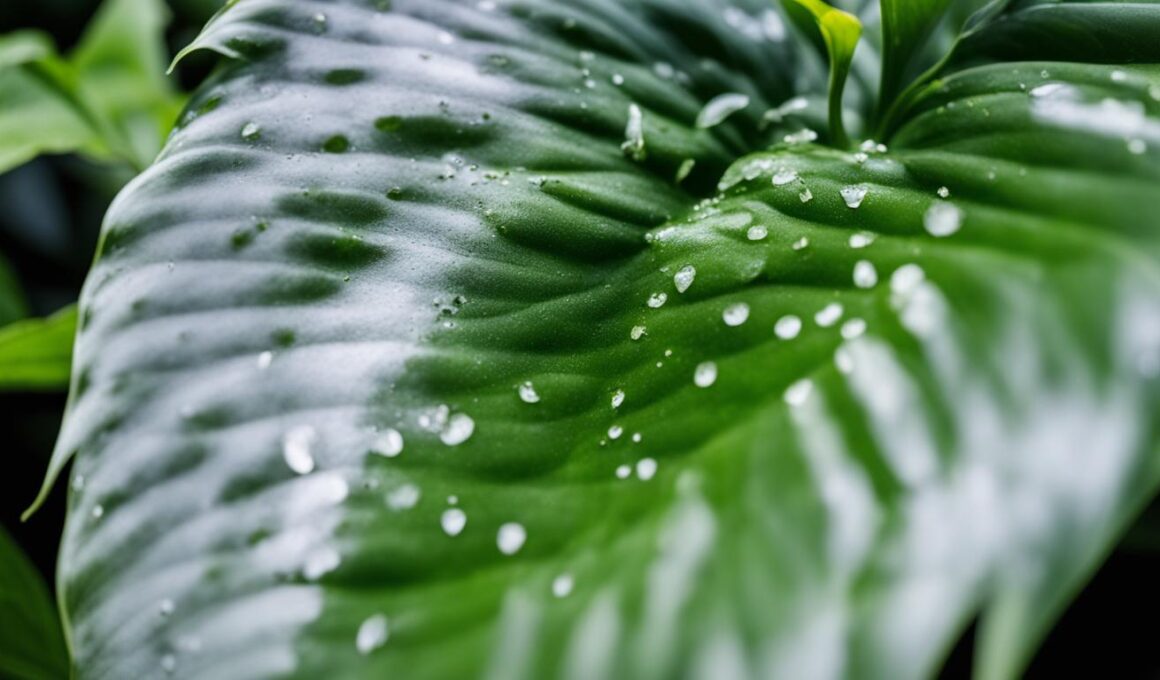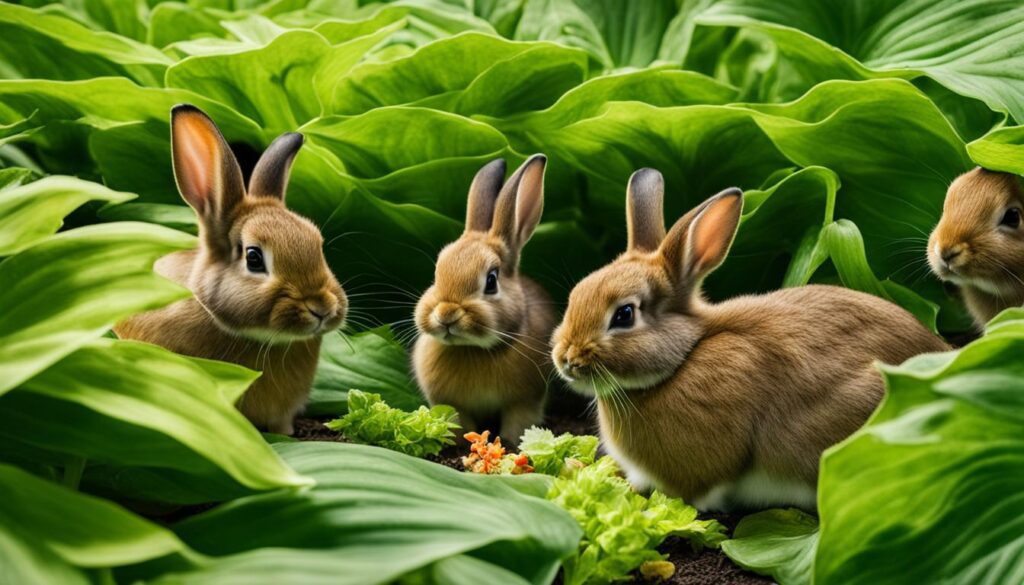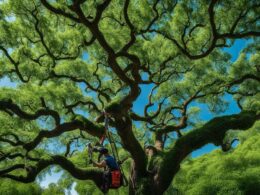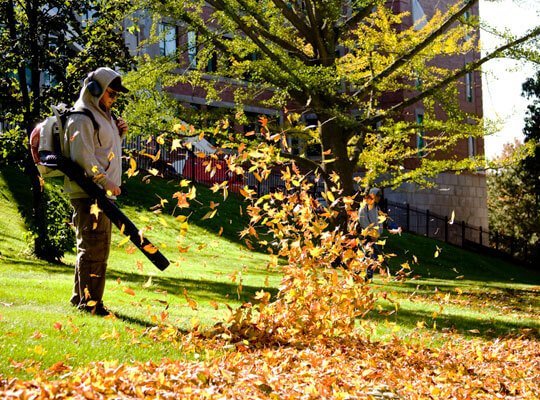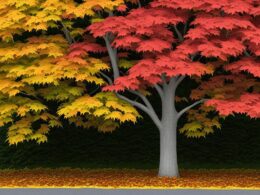If you’ve noticed your hostas being eaten and damaged in your garden, you’re not alone. Common pests can wreak havoc on these beloved plants, compromising the beauty of your garden. In this article, we’ll explore the culprits that can devour your hostas and learn how you can protect them from these pesky invaders.
Identifying Squirrels and Chipmunks as Culprits
Squirrels and chipmunks can be quite a nuisance when it comes to your hosta plants. Their agility and climbing abilities make it a challenge to keep them away. Squirrels are known to devour the roots of hostas, especially during dry periods when they seek moisture. This can result in significant damage to your hosta plants, with half-eaten produce and plants left behind. On the other hand, chipmunks have a taste for the leaves of hostas, nibbling away at them until only remnants remain.
To deter these pesky critters and protect your hostas, consider using strong smells and spicy deterrents. The scent of Irish Spring soap, chili, cayenne pepper, and garlic can be effective barriers. Spread these strong-smelling elements around your garden to create a protective barrier that squirrels and chipmunks would rather avoid.
If you’re looking for an alternative approach, you could also create a sacrificial garden away from your hostas. By planting other tempting plants or using alternative food sources, you can redirect squirrels and chipmunks away from your precious hostas.
To further illustrate, take a look at the image below:
Dealing with Rabbits and Deer
Rabbits and deer can cause significant damage to your hosta plants, but with the right strategies, you can prevent and deter these pests from devouring your beautiful garden. Here’s what you need to know:
Rabbits and Hostas
Rabbits have a particular affinity for new growth on hostas. They’ll nibble on the leaves and even indulge in the soft flowers, leaving your plants in a sorry state. To identify rabbit damage, look for missing new hosta growth and rabbit droppings in your garden.
To prevent rabbit damage, consider implementing the following measures:
- Install a 4-foot wire fence that extends into the ground around your hostas. This will deter rabbits from reaching your precious plants.
- Sprinkle chili, cayenne pepper, or other spicy deterrents onto the hosta leaves. The strong aroma will keep rabbits at bay.
Deer and Hostas
Deer can wreak havoc on your hostas overnight, leaving behind broken stems and cleared foliage. Protecting your plants from these graceful yet destructive creatures is essential.
To deter deer from your hostas, try the following:
- Invest in tall fences to create a physical barrier around your garden. This will prevent deer from accessing your hostas.
- Utilize deer repellents that emit scents or tastes that deer find unappealing. These products can be sprayed directly on the hostas to keep the deer at a safe distance.
- Hanging bars of soap or scattering human hair clippings around your garden can also deter deer from approaching your hostas.
By implementing these preventive measures and deterrent tactics, you can safeguard your hostas from the ravages of rabbits and deer, allowing them to thrive and beautify your garden for years to come.
Conclusion
In conclusion, protecting your hostas from potential pests is essential for maintaining the health and beauty of your garden. Voles, squirrels, chipmunks, rabbits, and deer are common culprits that can cause damage to your hosta plants. By implementing preventive measures such as using repellents, installing mechanical barriers, and creating fences, you can effectively deter these pests and safeguard your hostas.
Regular garden maintenance is also crucial in defending your hostas against pests. Monitoring your plants for any signs of damage or infestation allows you to take prompt action and prevent further harm. By staying vigilant and addressing any pest issues early on, you can protect your hostas and ensure their continued growth and vitality.
Remember, creating a sacrificial garden away from your hostas can divert pests’ attention and preserve the beauty of your prized plants. Additionally, incorporating strong-smelling deterrents like chili, cayenne pepper, and garlic can help keep squirrels, chipmunks, and rabbits at bay. Proactively implementing these strategies will contribute to the success of your hosta garden and the overall maintenance of your outdoor space.
What Could Be Eating My Hosta Leaves and Causing Them to Turn Brown?
If you notice your hosta leaves turning brown, a common issue with hosta leaves could be pests or diseases. Slugs, snails, and deer are known to munch on hostas, causing damage. Keep an eye out for any signs of these culprits and take action to protect your plants.





